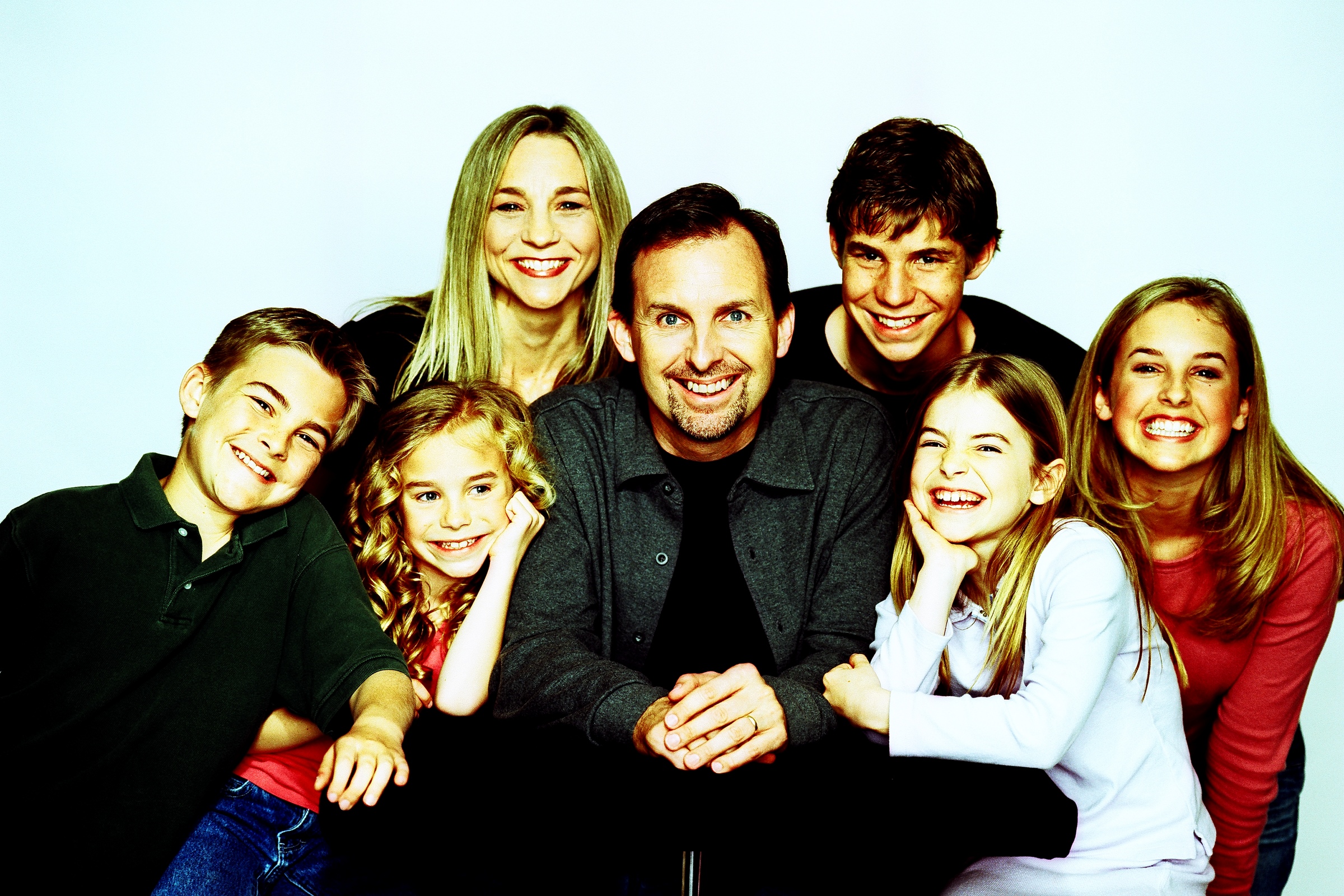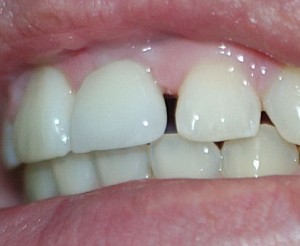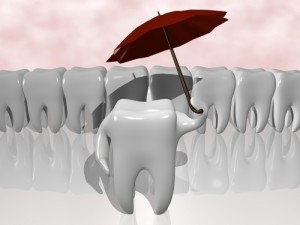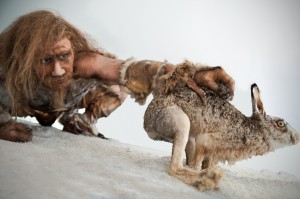Many people make losing weight and getting healthy their new year’s resolution. If this is your goal for 2012, you might decide to try vegetarianism. While vegetarianism can help reduce your intake of fat and cholesterol while in creasing your intake of those healthy fruits and vegetables, are there any dental care issues associated with becoming a vegetarian?
creasing your intake of those healthy fruits and vegetables, are there any dental care issues associated with becoming a vegetarian?
How Vegetarianism Can Affect Your Oral Health
When designing your vegetarian diet, it’s essential to make sure you’re still getting certain nutrients. Some vegetarians might not get enough calcium, riboflavin, vitamins D or B12, or protein, and this can have a negative effect on the oral health of vegetarians.
A diet low on vitamin D and calcium can increase your risk of periodontal disease (gum disease), a very serious oral health problem. But take heart! You can counteract this problem with dietary supplements. It’s also recommended that you get guidance from a nutritionist before pursuing a vegetarian lifestyle to make sure you’re on the right track.
If giving vegetarianism a go is your new year’s resolution, there’s no need to be afraid for your oral health. Just make sure you’re getting all the important nutrients by eating a balanced diet. And don’t forget to make brushing and flossing a part of your oral health routine, too!
 It happens every year around this time, especially after Christmas. Soon, all the talk will be about New Year’s resolutions. Exercising and losing weight are probably the two most common you’ll hear. Eating right is another popular pick.
It happens every year around this time, especially after Christmas. Soon, all the talk will be about New Year’s resolutions. Exercising and losing weight are probably the two most common you’ll hear. Eating right is another popular pick.
 Diastema is a term used to describe a gap between two teeth. Many celebrities have a diastema including Madonna, Eddie Murphy, Jack Black, Lauren Hutton, Amelia Earheart, and Willie Nelson. For some people, a diastema makes their smile unique, and they choose to keep the charming midline gap.
Diastema is a term used to describe a gap between two teeth. Many celebrities have a diastema including Madonna, Eddie Murphy, Jack Black, Lauren Hutton, Amelia Earheart, and Willie Nelson. For some people, a diastema makes their smile unique, and they choose to keep the charming midline gap. You probably have memories of your own Halloweens when you were a kid. You know what that sense of anticipation feels like waiting for Halloween to come, and that giddy, nervous sensation as you stand on a neighbor’s porch, waiting for candy.
You probably have memories of your own Halloweens when you were a kid. You know what that sense of anticipation feels like waiting for Halloween to come, and that giddy, nervous sensation as you stand on a neighbor’s porch, waiting for candy.
 Toothaches, and attempts to cure them, have no doubt been around as long as we have. In fact, researchers discovered evidence of tooth drilling that took place more than 9,000 years ago. It seems some enterprising dentist-in-training put down his spear and picked up a crude dental drill to fix cavity-ridden molars in his fellow Neolithic man. The good news is that the process was unbelievably precise and took about minute. The bad news? No anesthesia!
Toothaches, and attempts to cure them, have no doubt been around as long as we have. In fact, researchers discovered evidence of tooth drilling that took place more than 9,000 years ago. It seems some enterprising dentist-in-training put down his spear and picked up a crude dental drill to fix cavity-ridden molars in his fellow Neolithic man. The good news is that the process was unbelievably precise and took about minute. The bad news? No anesthesia! Your Smile, and Your Overall Health, Is Under Attack
Your Smile, and Your Overall Health, Is Under Attack![shutterstock_41235853-[Converted] shutterstock_41235853-[Converted]](http://bestdentistnews.com/wp-content/uploads/shutterstock_41235853-Converted1-300x278.jpg) While most of us can’t imagine a world without the tooth fairy, she didn’t actually grace us with her presence until the early 1900s… at least, not in her current form. And depending where in the world you are, the “tooth fairy” is likely unrecognizable to those of us who grew up waking up the morning after losing a tooth to find a quarter under our pillow.
While most of us can’t imagine a world without the tooth fairy, she didn’t actually grace us with her presence until the early 1900s… at least, not in her current form. And depending where in the world you are, the “tooth fairy” is likely unrecognizable to those of us who grew up waking up the morning after losing a tooth to find a quarter under our pillow.